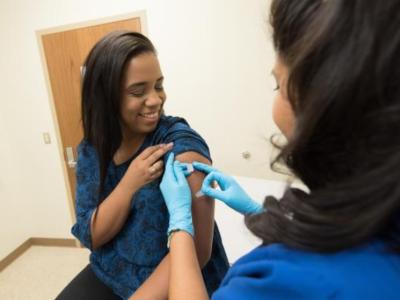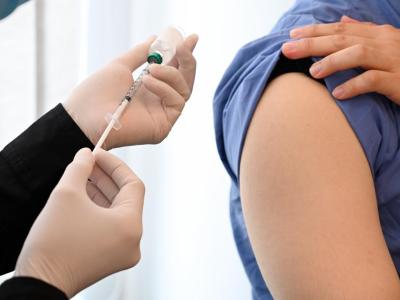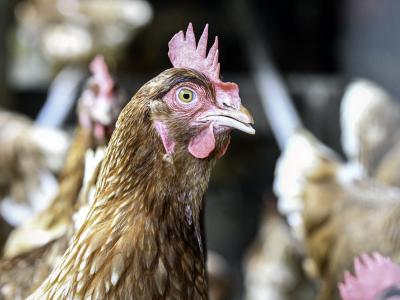Dec 22, 2010
Panama launches cholera-prevention efforts
Panama's government yesterday declared a health alert that triggered a host of measures to prevent cholera, such as increasing health checks at the borders, according to Xinhua, China's state news agency. Panama's health minister, Franklin Vergara, said Panama is at risk for the disease because it is a "transit country." He urged people to take strict hygiene measures, especially in areas affected by flooding. The alert also includes a public awareness campaign and distribution of oral rehydration packs, gastric tubes, and catheters.
Dec 22 Xinhua story
E coli cases prompt Whole Foods cheese recall
Whole Foods Markets on Dec 20 recalled Sally Jackson brand raw-milk cheese, suspected in at least eight Escherichia coli O157:H7 illnesses, from its stores in California, Nevada, Washington state, and Washington, DC. The Sally Jackson cheese company, based in Oroville, Wash., had already recalled its cheese. The Whole Foods cheese recall includes Sally Jackson products that were cut and packaged in clear plastic wrap with a Whole Foods label, which in some cases lists "Sally Jackson" in the product description. The recall includes cow, goat, and sheep milk cheese, plus cow and sheep milk cheese wrapped in chestnut leaves and goat milk cheese wrapped in grape leaves. Tests by Oregon officials on a sample of Sally Jackson cheese served at a wedding turned up the outbreak strain. A US Food and Drug Administration (FDA) inspection in the wake of the outbreak found several food safety problems at the cheese company, according to previous
reports.
Dec 20 FDA recall notice
Study: High TB rates in prisons increase risk in general population
An analysis of tuberculosis (TB) studies suggests that the disease is more than 20 times as prevalent in prisons as in the general population and that the spread of TB in prisons significantly increases the risk for the general public, according to a report in PLoS Medicine. A team of Italian, British, and World Health Organization researchers found 23 studies that reported the incidence of latent TB infection (LTBI) or active TB in prison inmates and staff. They developed their own estimates of TB incidence in the populations of the relevant countries and gleaned estimates of general-population LTBI from the studies. Using these figures, they calculated that LTBI incidence in prisons is 26.4 times as high in prisons as in populations and that TB is 23.0 times as common in prisons as on the outside. Further, the researchers estimated that 8.5% of TB cases among the general public in high-income countries are
due to exposure in prisons, and that 6.3% of cases in middle- and low-income countries are related to prison exposures. The authors say their findings show that better TB control in prisons would not only protect prisoners and staff, but also reduce the general burden of TB. In an accompanying editorial, PLoS Medicine editors write that the findings provide much-needed evidence that should prompt policymakers to renew efforts to battle TB in prisons.
Dec 21 PLoS Med study
Dec 21 PLoS Med editorial
FDA tries voluntary approach to curb antibiotic use in farm animals
The Food and Drug Administration (FDA) is seeking help from drug companies in curbing antibiotic use to promote growth in livestock, according to a story in the Des Moines Register. Instead of using often-lengthy legal approaches to restrict use of the drugs, the agency is asking the companies to voluntarily stop providing antibiotics as growth promoters, FDA officials told consumer advocates at a recent meeting. In a report earlier this month, the FDA said that 29 million pounds of antibiotics were sold in 2009 for use in food animals and that pork and turkey producers rely the most on the drugs for promoting growth. The Obama Administration has proposed phasing out such use, but Congress did not move in that direction this year. Steve Roach of Food Animal Concerns Trust said the FDA "seemed quite confident" that one drug company was close to taking voluntary steps to curb growth-promoting antibiotic use,
according to the story. Some consumer advocates fear that a voluntary approach may allow pharmaceutical companies to take too much time in implementing change.
















